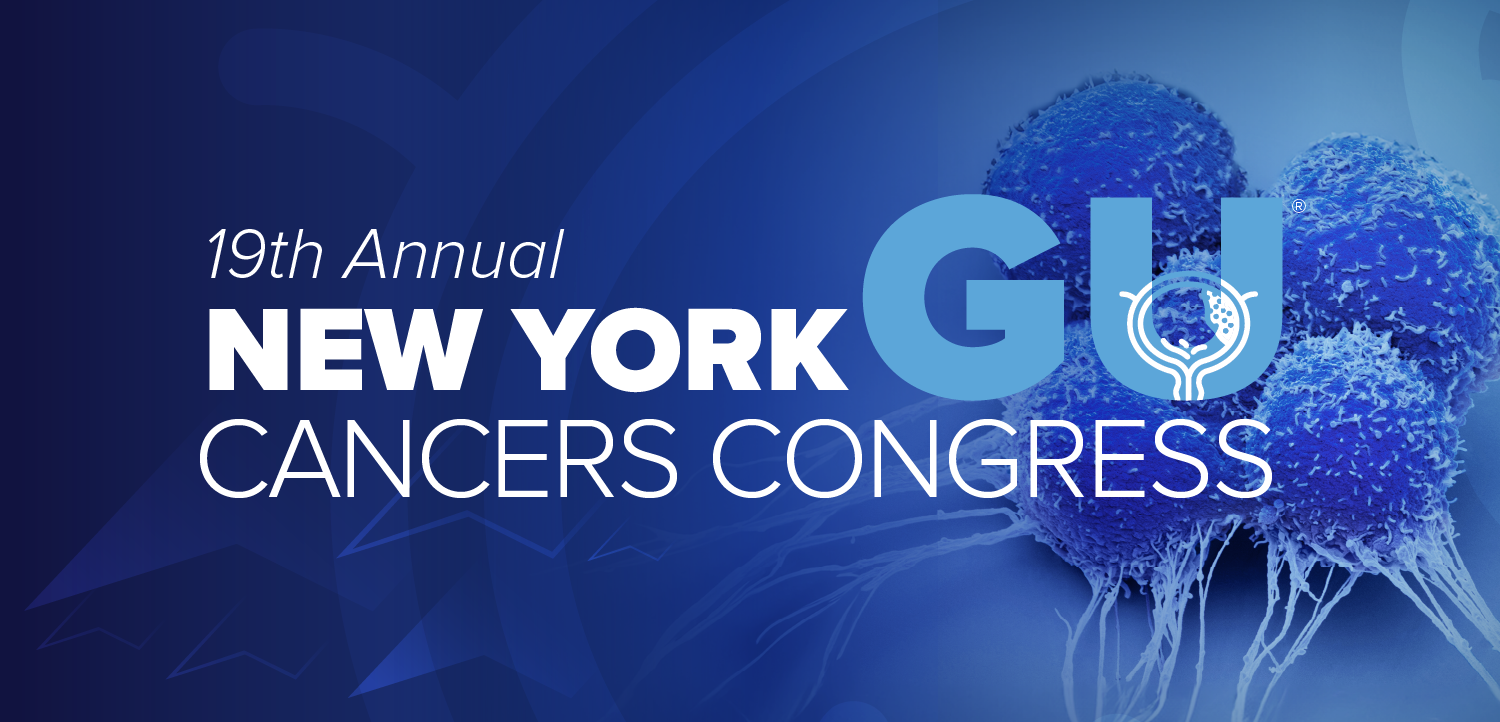
|Articles|March 4, 2015 (Updated: December 19, 2020)
Exposure to In Utero Chemotherapy Did Not Affect Children’s Development, Behavior
Author(s)Elyce Cardonick, MD
In this video we discuss two poster presentations on childhood development and behavior after in utero exposure to chemotherapy for maternal cancer in pregnancy.
Advertisement
In this video from the 32nd Annual Miami Breast Cancer Conference, Elyce Cardonick, MD, maternal fetal specialist at the Cooper Health System, discusses two poster presentations on childhood development and behavior after in utero exposure to chemotherapy for maternal cancer in pregnancy.
Newsletter
Stay up to date on recent advances in the multidisciplinary approach to cancer.
Advertisement
Advertisement
Advertisement
Trending on CancerNetwork
1
Will The FDA Approve Iberdomide in Relapsed/Refractory Multiple Myeloma?
2
FDA Grants Tentative Approval to PNT2003 for GEP-NETs
3
FDA Grants Pre-Market Approval to AI Device for Breast Cancer Surgery
4
DURGA-1 Trial Shows Encouraging Results With Novel Multiple Myeloma Agent
5






















































